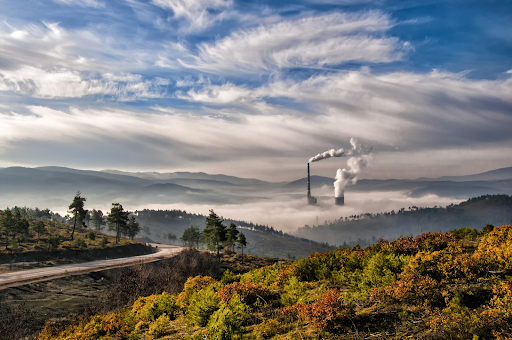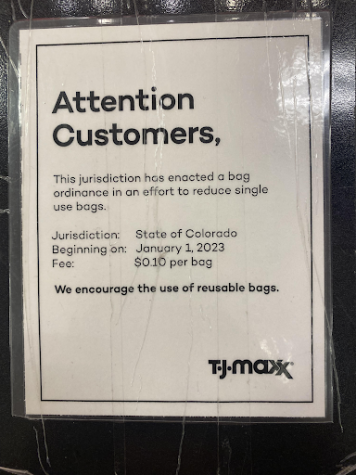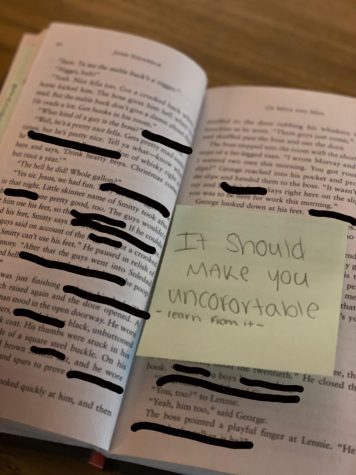A Deeply American Delusion
October 1, 2020
In 1992 the Clinton campaign’s strategist James Carville easily summarized a key concept of American political philosophy in eight syllables: “It’s the economy, stupid.”
It is well known that Americans grade their representatives’ performance based on economic conditions, and that incumbent presidents at times of economic growth have been known to incessantly remind voters of the unemployment and stock market figures until the poor electorate hears the tolls of the closing bells in their dreams. Conversely, when the economy is frail in an election year the challenger becomes the orator of depressed indices and impending recessions. Voters love to use the state of the economy as a proxy for the performance of their elected officials.
“It is a truism of American political life that the economy is an important consideration for voters at election time,” write Anthony Mughany and Dean Lacy in their paper “Economic Performance, Job Insecurity, and Electoral Choice.” “After two decades or so of an economic decline that has resulted in a gap between expectations and experiences, the economic perceptions, hopes, and fears that citizens harbor can mean the difference between victory and defeat for presidential candidates.” This is precisely why candidates in election years put such severe emphasis on economic records and realities while on the campaign trail: voters care.
This phenomenon cannot be dismissed as one of the past either. The Kaiser Family Foundation recently conducted a survey in which participants were asked which issue they would rank as being most important in their choice for president in 2020. The economy was the top response, outranking even coronavirus, race relations, and health care. This is also supported by a September Gallup poll that found there is a significant partisan divide in how voters view the economy, reporting a 51 percentage-point gap between Republicans and Democrats when rating whether the economy is excellent or good. A divide of this size can only be explained by interpretations of reality that are entirely tinted by partisan bias.
In a paper titled “Presidents and the U.S. Economy: An Econometric Exploration” Alan S. Blinder and Mark W. Watson at the Woodrow Wilson School and Department of Economics at Princeton University wrote “An extensive and well-known body of scholarly research documents and explores the fact that macroeconomic performance is a strong predictor of U.S. presidential election outcomes. Scores of papers find that better performance boosts the vote of the incumbent’s party. But our empirical analysis does not attribute any of the partisan growth gap to fiscal or monetary policy.” This as well as the current divide over such a factual matter as the state of the economy suggests a flaw in the “truism of American life” described above. Voters are not voting for the actual economic policy of a candidate, they are casting their ballots based on personal perceptions and the luck of the incumbent. But is this fair? How accurate is the testimony of the economy as to the competence of a leader? As it turns out, not very.
“Presidential economic records are highly dependent on the dumb luck of where the nation is in the economic cycle,” writes Niel Irwin at the New York Times. “And the White House has no control over the demographic and technological forces that influence the economy.” This may be a slight overstatement. After all, Presidential actions have some effect on the economy, but it is true that these effects are not ones that voters can use to inform their votes. Irwin goes on to say “Even in areas where the president really does have power to shape the economy — appointing Federal Reserve governors, steering fiscal and regulatory policy, responding to crises and external shocks — the relationship between presidential action and economic outcome is often uncertain and hard to prove.” In an interview with FiveThirtyEight, Salim Furth at the Heritage Foundation and Eugene Steuerle, a tax policy expert at the Urban Institute explain why this is; the results of monetary and fiscal policy take years if not decades to be seen. This means that regardless of what politicians say, neither Bush nor Obama can be credited with the performance of the stock market or decades of low inflation.
The only event in which the White House or Congress can have a direct effect on economic conditions is in the case of a natural disaster or other emergency. Ben Casselman at FiveThirtyEight writes “In crises, presidential action can have an immediate and measurable effect. Most economists believe the stimulus package that Obama signed early in his administration helped dampen the effects of the recession.” So unless an administration is passing emergency spending bills, the growth seen during their time in office is likely a mixture of the decisions of past governments and pure luck.
This has been an open secret in America for some time now, but the facts clearly don’t seem to have any effect on the electorate. Every four years economists add footnotes to news stories and politely attempt to remind the country of the true state of presidential power, but they are always ignored by the voters and drowned out by politicians promising a term-long bull market. When Americans go to the ballot box, they are woefully misinformed.
It shouldn’t be “the economy, stupid,” because any campaign that promises to fix inflation or end a recession is incapable of keeping to their word. Kevin D. Williamson of the National Review writes, “One of the great enduring stupidities of the American presidential cult is the belief, rooted in invincible ignorance, that the state of the U.S. economy at any given moment is a reflection of the intelligence and wisdom of the chief executive of the federal government and a result of the excellence or insufficiency of his administration.” He’s got a point. It is unacceptable that the electorate in this country has been allowed to be deceived for this long. It is immoral to mislead voters into believing they are voting for changes that aren’t even in the vicinity of the table, while in fact only choosing a figurehead.
Williamson goes on to say, “The belief that GDP growth or this month’s jobs report provides a meaningful judgment on the performance of the president isn’t economics — it’s superstition. It is the modern version of the ancient belief that a crop failure means that the king has displeased the rain god or the wheat goddess. It is a primitive disposition from which we should liberate ourselves — and could, if we were willing to do the hard work of citizenship rather than take our ease in lazy partisanship.” Here he raises another crucial point- the blame cannot solely rest on the shoulders of the elected. If voters were less willing to blindly believe the promises that politicians raise, campaigns would be forced to speak the truth. If Americans relieved themselves of the partisan glasses that tint reality red or blue, they would have the tools needed to hold their representatives accountable.
For the sake of Democracy, the American electorate must defy convention and refuse to blindly vote on hollow pledges of prosperity and groundless promises of power shouted from podiums painted with red stripes and blue stars.





